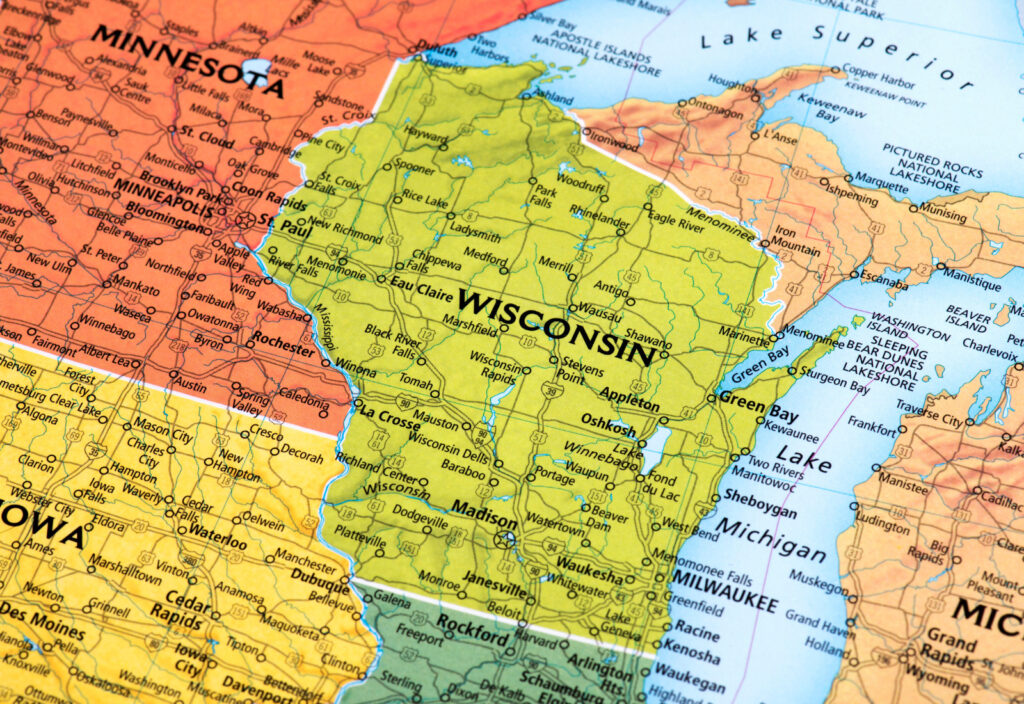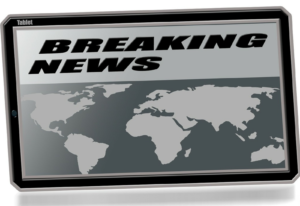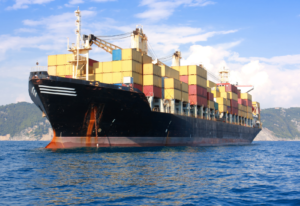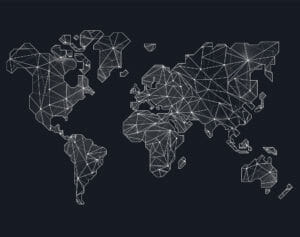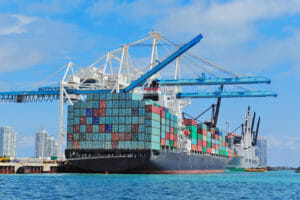Though many large Wisconsin corporations have benefitted from Foreign Trade Zone (“FTZ”) tax savings and other benefits programs for decades, many small and medium-size businesses in Wisconsin (“SME”) still don’t know what FTZs are. In fact, of the twenty-four companies that currently operate out of the three FTZ grantees in Wisconsin, none of these companies are SMEs, as defined by the US International Trade Administration.
This post seeks to provide a basic understanding of what a FTZ is, and provide a framework on how SMEs in Wisconsin can benefit from an FTZ duty savings program.
FTZs and their Benefits
FTZs are secure areas under U.S. Customs and Border Protection (“CBP”) supervision that are generally considered outside the U.S. Customs territory for purposes of customs duty payments. Therefore, goods entering FTZs are not subject to U.S. customs tariffs until they leave the zone and are formally entered into the U.S. Customs Territory. This means that goods shipped to foreign countries from FTZs are exempt from duty payments. Further, there is no time limit on goods stored inside an FTZ.
How FTZs Work in Wisconsin
FTZs are not regulated by the Foreign-Trade Zone Act (“FTZA”), and by the laws of the state and municipality in which they are located. In Wisconsin, property assessments and taxation are done by the municipality where the commercial property is located, and each year the municipal assessor determines what commercial property is subject to tax and subsequently, the value of the property subject to tax. Consistent with the FTZA’s prohibition on state and local ad valorem taxation of imported, tangible personal property stored or processed in an FTZ, or of property produced in the United States and held in an FTZ for export, Wisconsin law currently provides for tax exemption of merchant’s stock-in-trade. Further, on January 1, 2024, a state law would take effect that exempts taxation on personal property. However, recognizing the municipality’s interest to generate taxable revenue against the need to promote local businesses with the implementation of an FTZ program, when a proposed FTZ designation could result in a reduction to local tax collections, the FTZ’s governing authority must consider the potential impact on local finances. Thus, an applicant must identify the local taxes for which collections would be affected, and provide documentation that the affected taxing jurisdictions do not oppose the FTZ designation.
How to Obtain an FTZ Designation
Obtaining an FTZ or subzone designation in the U.S. is a four-step process:
- An interested SME (also known as the “operator” when granted an FTZ) must submit a written statement of need of services to the FTZ Grantee.
- Upon the FTZ Grantee’s affirmation of the need for an FTZ, the FTZ Grantee working with CBP (CBP needs to provide their comments on the new site in order for the application to be considered complete) shall apply for an FTZ with the FTZ Board (“FTZB”) at the U.S. Department of Commerce International Trade Administration.
- If the proposed FTZ involves production activities, the FTZB shall require that the interested company provide additional information by submitting a production application.
- Upon approval of FTZ designation by the FTZB, the operator must then request FTZ Activation from its local U.S. Custom and Border Protection (CBP). FTZ procedures cannot begin at the facility until it is activated by CBP.
Conclusion: Benefits Can Be Significant
Undoubtedly there are costs associated with FTZs, including application fees, assessments, as well as operating fees to maintain the designation. However, the benefits to SME that implements an FTZ program are significant. It is not only a solution for tax savings, but also a business strategy for adapting to an ever-changing international trade environment.
Important Notes and Links
(An FTZ Grantee is the corporate recipient of a grant of authority for a zone project.)
(Profile of U.S. Exporters Highlights Contributions of Small- and Medium-Sized Businesses)
(Id. Question 12 of the FTZ application references this need to balance the municipality’s revenue collection interest with FTZ’s tax exemption safe harbor.)
(See Video: Fundamentals of Using a Foreign-Trade Zone.)
(See definition of “Production” in the U.S. FTZB Enforcement and Compliance Glossary of FTZ Terms (15 CFR 400.2(o)).
(See The ABCs of Production in FTZs.)
(See definition of “Activation” in the U.S. FTZB Enforcement and Compliance Glossary of FTZ Terms.)










